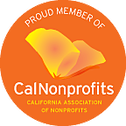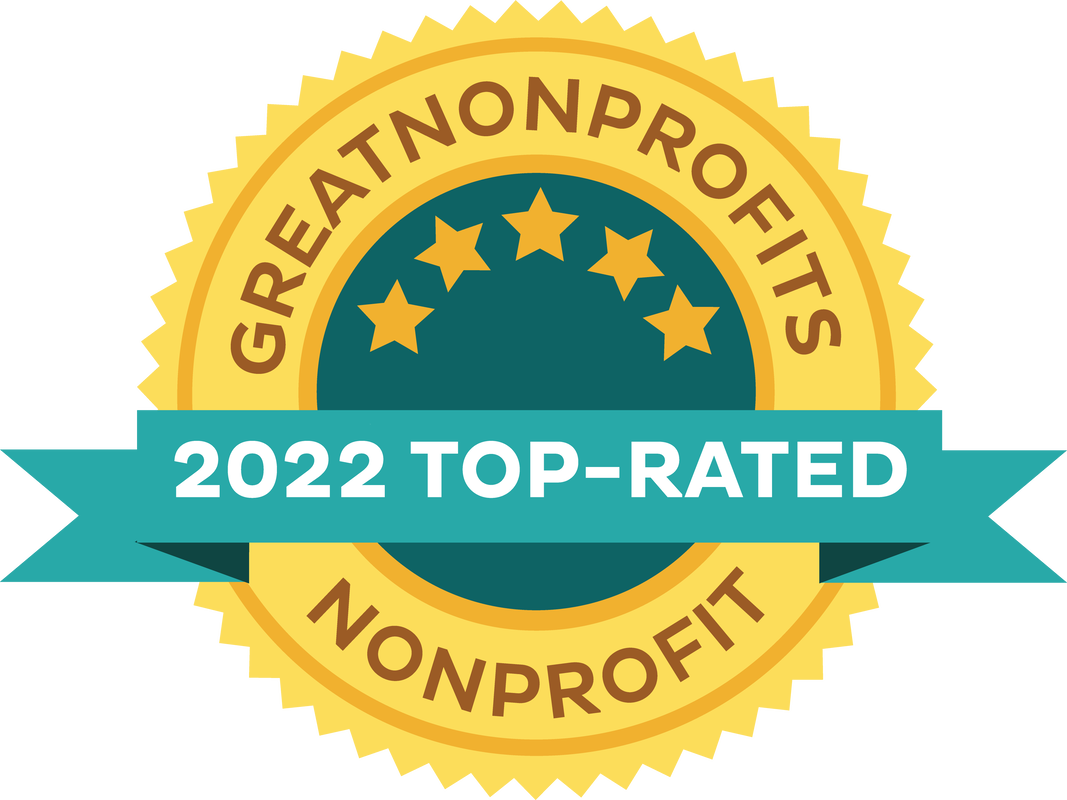Social Emotional Learning (SEL) Resources
Try this with your student: My Emotions Wheel Activity
Integrating Social Emotional Learning (SEL) with your Student
We know that:[i]
Because of this, building up social emotional competencies in children is just as important as building their academic knowledge. Through conversation and activity-based learning, we as tutors can be another source of SEL for our students.
What is Social Emotional Learning (SEL)?
Self-awareness: The ability to accurately recognize one’s emotions and thoughts and their influence on behavior.
Self-management: The ability to regulate one’s emotions, thoughts, and behaviors effectively in different situations.
Social awareness: The ability to take the perspective of and empathize with others, to understand social and ethical norms for behavior.
Relationship skills: The ability to establish and maintain healthy and rewarding relationships with diverse individuals and groups. This includes communicating clearly, listening actively, cooperating, resisting social pressure, negotiating conflict, and seeking and offering help when needed.
Responsible decision-making: The ability to make constructive and respectful choices about personal behavior and social interactions.
How Can I Integrate SEL into my Sessions with my Student?
Generally, make sure that you’re building a rapport with your student that is based on mutual trust and respect. Try starting your sessions by asking them:
Activity Ideas by Social Emotional Competency available HERE
Additional Resources
Free SEL Activities and Resources: This provides some examples of activities that you can incorporate based on the grade level of your student.
"Promoting Respect & Empathy: A Toolkit for Educators of All Grades": This free guide is a collection of activities, tips, book recommendations, and more gathered from First Book members across the U.S. supporting kids in under-resourced communities.
Greater Good In Education "provides science-based practices for kinder, happier schools: You can find articles, activities, and other resources for incorporating SEL into your tutoring sessions.
Sesame Street in Communities: They have assembled some really great resources and activities you can use with your student. Many are focused on dealing with trauma and adversity.
Understood.org: This website provides resources to learn about what school feels like for students with learning and attention disabilities, including ADHD, dyslexia, dyscalculia, language disorders, and written expression disorders.
CASEL, and CASEL as a community-centered approach: CASEL is an example of a way to use SEL in your sessions.
[1] http://nccp.org/publications/pub_888.html; casel.org
Integrating Social Emotional Learning (SEL) with your Student
We know that:[i]
- Young children with homeless experiences are more likely to have behavioral problems than housed children.
- Homelessness and housing insecurity affects children’s health and well-being, their brain development, causes stress, and hinders readiness for school.
- Reports indicate that school-aged children of families facing homelessness and housing insecurity have a greater likelihood of experiencing mental disorders with impairment, such as disruptive behavior disorders, social phobia, and major depression, as compared to their low-income housed counterparts.
Because of this, building up social emotional competencies in children is just as important as building their academic knowledge. Through conversation and activity-based learning, we as tutors can be another source of SEL for our students.
What is Social Emotional Learning (SEL)?
Self-awareness: The ability to accurately recognize one’s emotions and thoughts and their influence on behavior.
Self-management: The ability to regulate one’s emotions, thoughts, and behaviors effectively in different situations.
Social awareness: The ability to take the perspective of and empathize with others, to understand social and ethical norms for behavior.
Relationship skills: The ability to establish and maintain healthy and rewarding relationships with diverse individuals and groups. This includes communicating clearly, listening actively, cooperating, resisting social pressure, negotiating conflict, and seeking and offering help when needed.
Responsible decision-making: The ability to make constructive and respectful choices about personal behavior and social interactions.
How Can I Integrate SEL into my Sessions with my Student?
Generally, make sure that you’re building a rapport with your student that is based on mutual trust and respect. Try starting your sessions by asking them:
- What were a “high and low” of your school day?
- What was something fun you did this week?
- What was something you had to do this week that you didn’t care for?
- Also, if you notice that your student has trouble with focus, try creating an agenda with them and building in transition time so as to maintain predictability, routine, and consistency for the session.
Activity Ideas by Social Emotional Competency available HERE
- We’ve created a “Pocket Resource” with a handful of quick activities that you can use as an icebreaker or conclusion to your tutoring session.
Additional Resources
Free SEL Activities and Resources: This provides some examples of activities that you can incorporate based on the grade level of your student.
"Promoting Respect & Empathy: A Toolkit for Educators of All Grades": This free guide is a collection of activities, tips, book recommendations, and more gathered from First Book members across the U.S. supporting kids in under-resourced communities.
Greater Good In Education "provides science-based practices for kinder, happier schools: You can find articles, activities, and other resources for incorporating SEL into your tutoring sessions.
Sesame Street in Communities: They have assembled some really great resources and activities you can use with your student. Many are focused on dealing with trauma and adversity.
Understood.org: This website provides resources to learn about what school feels like for students with learning and attention disabilities, including ADHD, dyslexia, dyscalculia, language disorders, and written expression disorders.
CASEL, and CASEL as a community-centered approach: CASEL is an example of a way to use SEL in your sessions.
[1] http://nccp.org/publications/pub_888.html; casel.org
Mindfulness & Meditation Resources
What is Mindfulness?
Mindfulness and Meditation work hand-in-hand with SEL. They provide students with tools to de-stress, keep focused, and build self-awareness. Many schools now incorporate these techniques in the classroom -- incorporating Mindfulness into your tutoring sessions is a great way to help your student build these skills.
How Can I Integrate Mindfulness into my Sessions with my Student?
Alongside the SEL resources provided above, such as the check-in questions or emotions wheel, try starting or ending your session with a guided meditation or mindfulness activity. Or, if you are noticing your student is having trouble staying focused, take a pause to acknowledge that and try one of these techniques to regain focus:
Additional Resources for guided Mindfulness or Meditation:
- Mindfulness includes a range of techniques, including meditation, to help one focus on the present.
- Through engaging the 5 senses, Mindfulness helps keep you engaged with yourself and the world around you.
- It can help build skills like focus, self-awareness, and self-control, especially when it comes to emotions.
Mindfulness and Meditation work hand-in-hand with SEL. They provide students with tools to de-stress, keep focused, and build self-awareness. Many schools now incorporate these techniques in the classroom -- incorporating Mindfulness into your tutoring sessions is a great way to help your student build these skills.
How Can I Integrate Mindfulness into my Sessions with my Student?
Alongside the SEL resources provided above, such as the check-in questions or emotions wheel, try starting or ending your session with a guided meditation or mindfulness activity. Or, if you are noticing your student is having trouble staying focused, take a pause to acknowledge that and try one of these techniques to regain focus:
- Use an app for a guided meditation or mindfulness activity. If your student is old enough, have them try choosing the activity on their own version of the app.
- Try setting a timer breathing deeply for one minute, focusing on your breath. You can also try the heartbeat version: try 30 seconds of jumping jacks then focus on your heartbeat for 30 seconds.
- Practice "kind thoughts" by silently thinking of 5 kind thoughts to yourself.
- Focus on your body. Practice thinking about how your body feels, how do your feet feel? How do your eyes feel? And so on.
Additional Resources for guided Mindfulness or Meditation:
- The Calm or Headspace Apps are quite popular. Calm has free editions for many students and Teachers, plus limited free versions for everyone; Headspace has a fee, but has great, free resources on their site.
- Try the "Breathe, Think, Do with Sesame" app for fun, child-centric mindfulness and meditation activities.
- Check out this list of 51 mindfulness activities for children, some with worksheets and accompanying games.
- Check out our Tutor Center for mindfulness worksheets in our K-3 toolkits!


